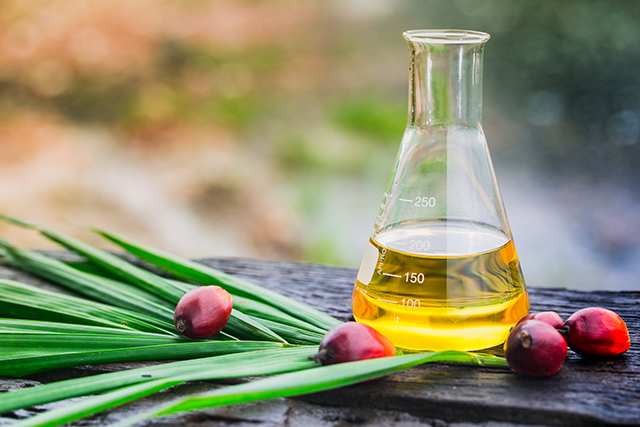
A new study revealed that demand for biodiesel in Europe came with a heavy price – disappearing forest land. It mentioned that ever since the EU introduced its green fuels law in 2010, forests the size of the Netherlands have been lost to fields for growing crops for biodiesel. The study called on the EU to end support for palm and soy biodiesel to address the deforestation caused by their cultivation.
The European Federation for Transport and Environment (T&E) was behind the June 2021 study penned by Suren Rangaraju, an energy analyst at the organization. It said that the Renewable Energy Directive (RED), first introduced in 2010, set a 10 percent renewable energy target for transport by 2020 for each EU member state. This inadvertently drove up demand for cheaper crop-based biodiesel mainly sourced from Asia and South America.
Since 2010, Europe has burned around 39 million tons of palm and soy biodiesel alone in its cars and trucks. This translated to about a three-fold amount of carbon dioxide (CO2) emissions from fossil diesel. Because of this, T&E said the EU needs to drop its support of all crop biofuels by 2030 at the latest in its upcoming "Fit for 55" package. The package involved the EU slashing greenhouse gas emissions by 55 percent by 2030.
T&E Energy Director Laura Buffet said: "10 years of this 'green' fuels law and what have we got to show for it? Rampant deforestation, habitats wiped out and worse emissions that if we had used polluting diesel instead. A policy that was supposed to save the planet is actually trashing it. We cannot afford another decade of this failed policy. We need to break the biofuels monopoly in renewable transport and put electricity at the center of the RED instead."
The report also focused on palm oil – one of three vegetable oils used in almost 80 percent of feedstock in biodiesel production in 2020, alongside rapeseed and soy. Palm oil reached its highest consumption level, capping a decade of growth that has seen its consumption increase threefold.
Buffet commented that consumers can choose whether to purchase goods with palm oil or not – a luxury unavailable to the transport sector in Europe. "The EU's transport sector is currently propping up demand for ruinous palm oil without consumers knowing it. We need to phase out palm oil biofuels immediately," she said. (Related: Cocklebur seed oil may become an alternative biodiesel source.)
The cultivation of palms for oil undermined orangutan populations
According to the T&E study, the EU's demand for biofuel required 4 million hectares of land to address. Forest lands were subsequently razed to accommodate this need, destroying an estimated 10 percent of the world's remaining orangutan habitats.
A large percentage of palm oil imported by the EU came from Indonesia and Malaysia – at the cost of the orangutans' homes. Reuters reported back in July 2019 that at least 650 orangutans were lost in protected areas in the Malaysian state of Sabah between 2002 and 2017. Despite this loss, overall orangutan populations in the state remained steady at around 11,000.
In a statement, the World Wildlife Fund (WWF) said that while the orangutan population has stabilized in large forest areas, "their numbers declined in forest patches within oil palm landscapes of the eastern lowlands of Sabah." The statement added: "The monoculture nature of oil palm plantations means that they tend not to support species that are dependent on forest environment like the orangutan."
Palm oil is Malaysia's largest agricultural crop and export, but its total production fell second to Indonesia. Sabah assumed the top position among the other Malaysian states when it came to palm oil production. However, the palm oil industry has been blamed for widespread deforestation as land is cleared to make way for new palm plantations. (Related: Industrial agriculture terrorizes Borneo: Palm oil plantations are responsible for deforestation, fires, habitat loss, air pollution.)
Fortunately, the REDII adopted in 2018 put down a plan to wean Europe off palm oil. According to the updated version of the 2010 directive, use of palm oil biodiesel would be frozen at 2019 volume levels. From 2023, it will then be progressively phased out until 2030 as part of the EU's green targets.
However, T&E called the move too late and warned of the risk that other vegetable oils will simply replace palm oil – further driving deforestation.
"While palm oil may be the worst, producers will simply move to what is cheap. In reality, unless we take action now, palm will be replaced with soy or other virgin oils – moving the problem from one part of the world to another. Crop biofuels are not the solution for Europe's transport and they will never be," Buffet ultimately remarked.
Visit NewEnergyReport.com to read more stories about how the cultivation of crops for biodiesel does more harm than good.
Sources include:
TransportEnvironment.org 2 [PDF]
Please contact us for more information.














